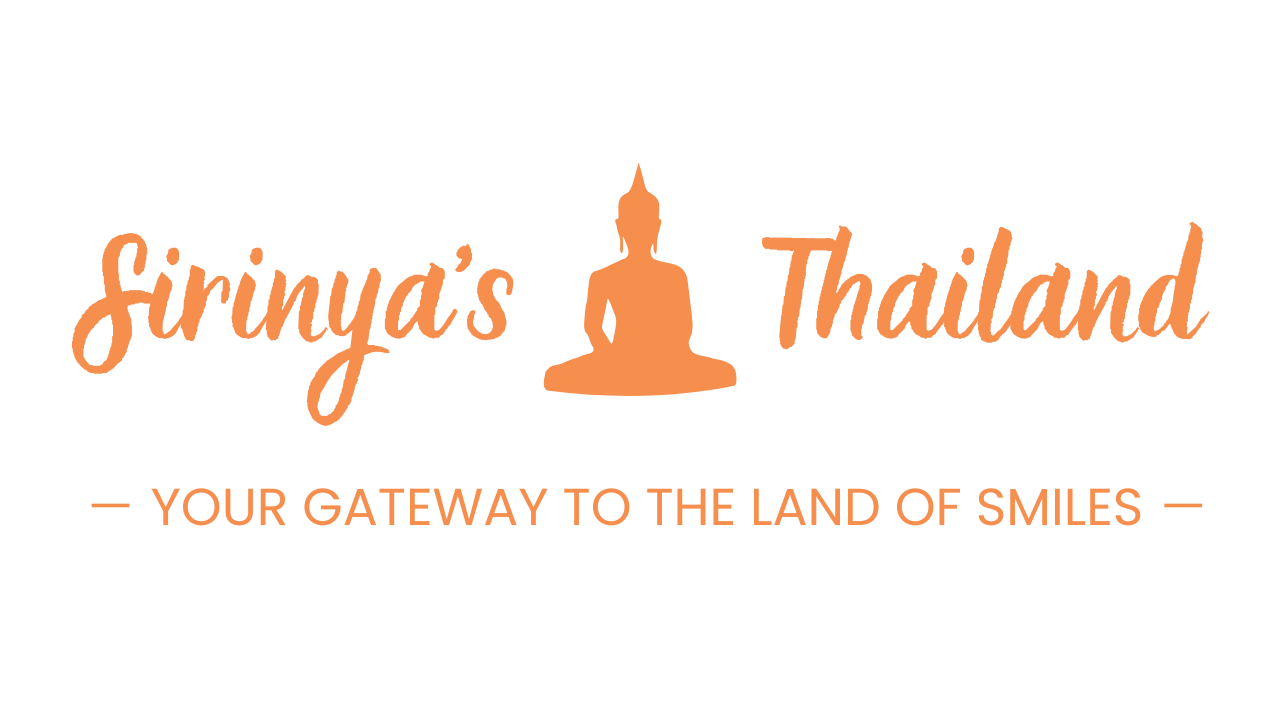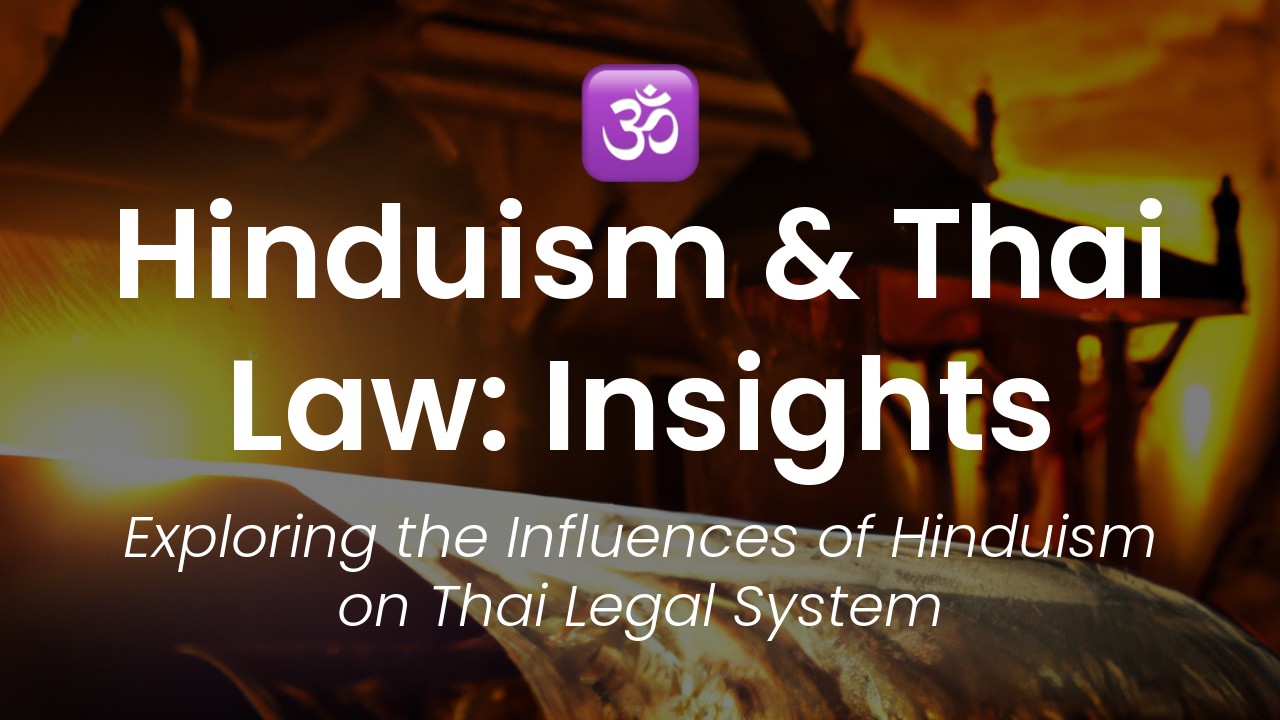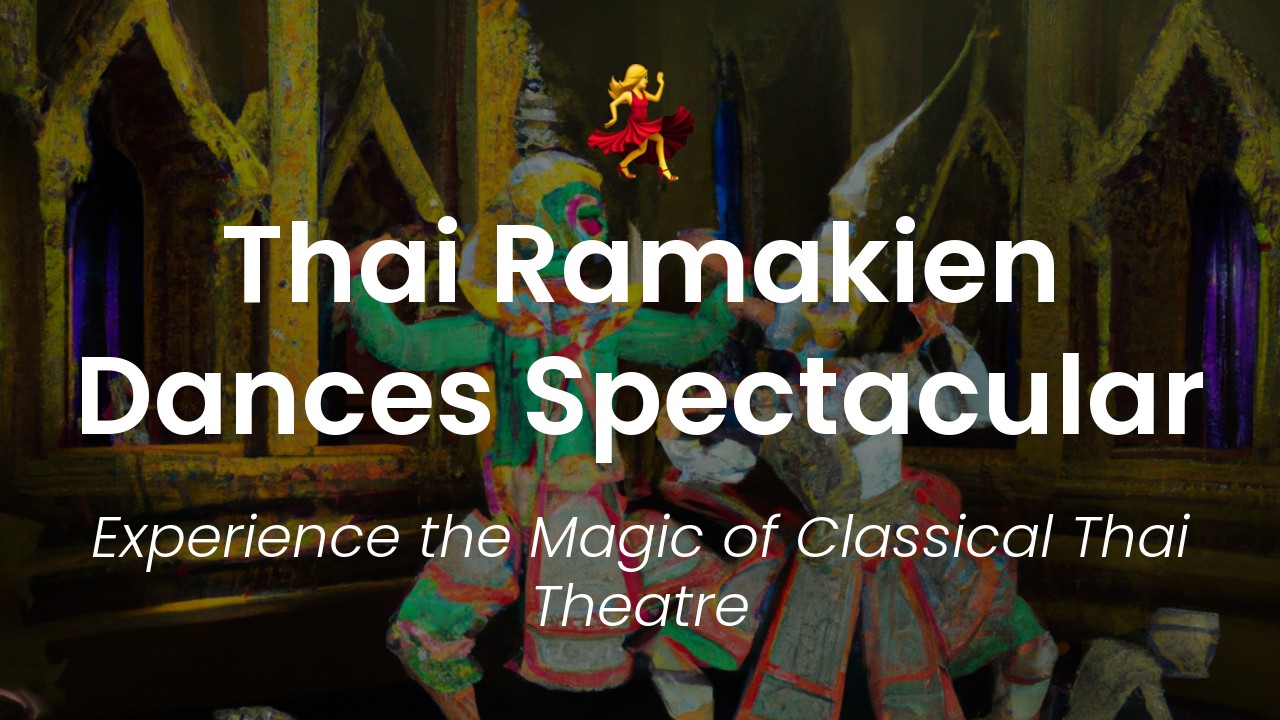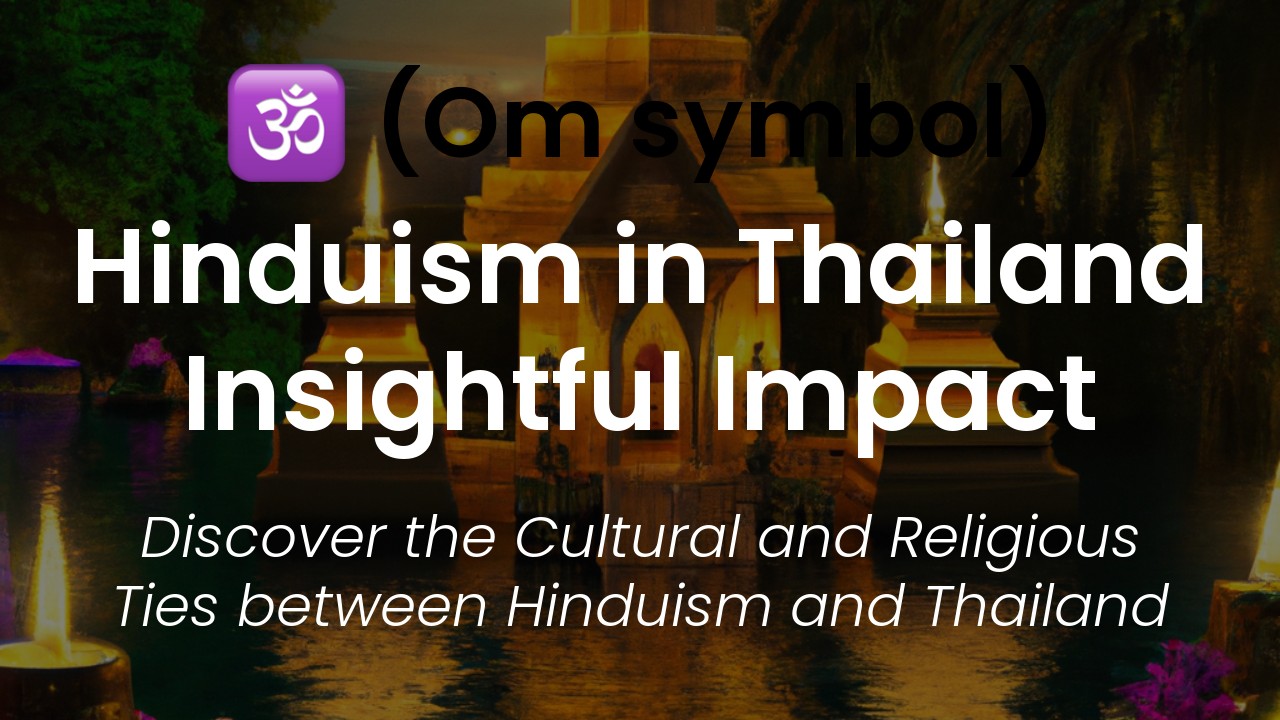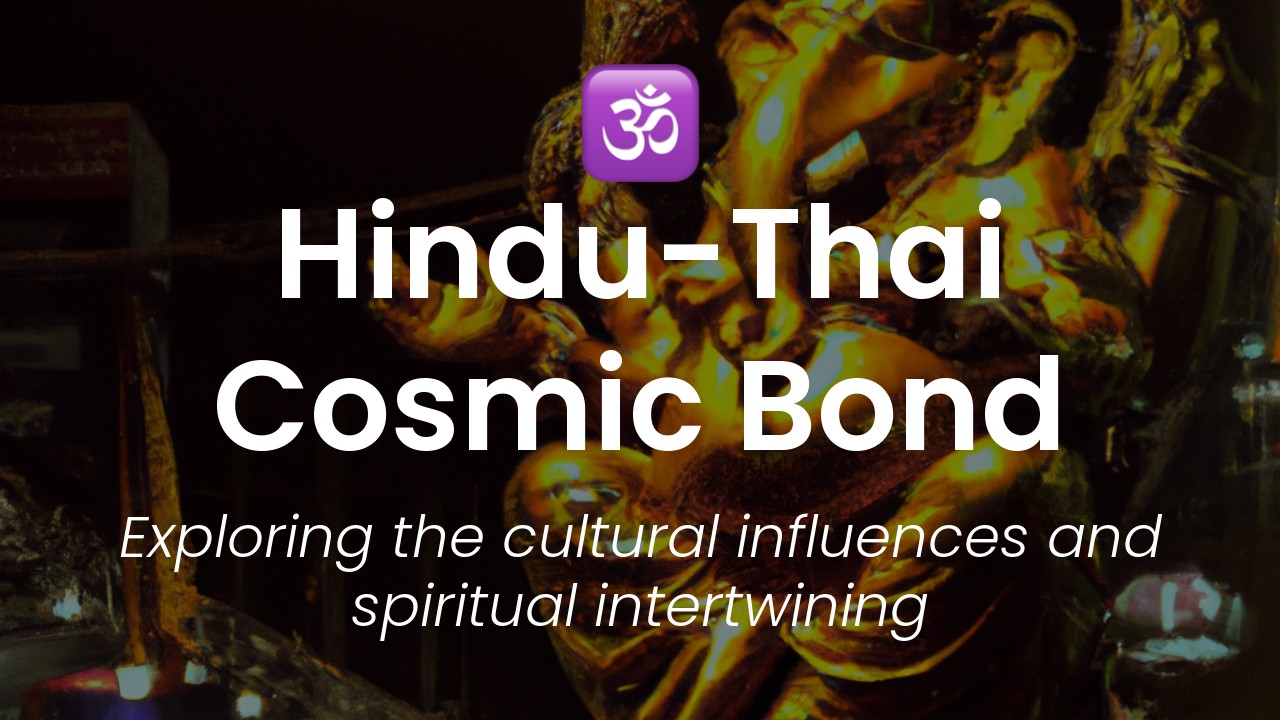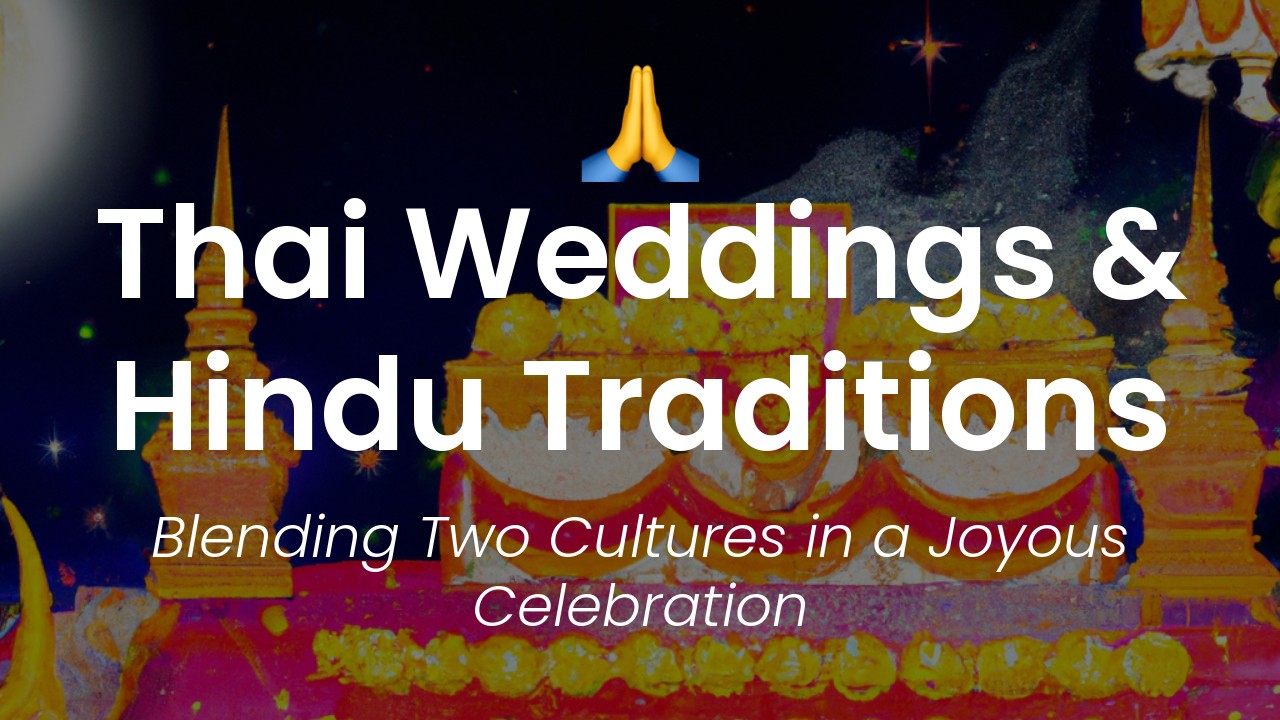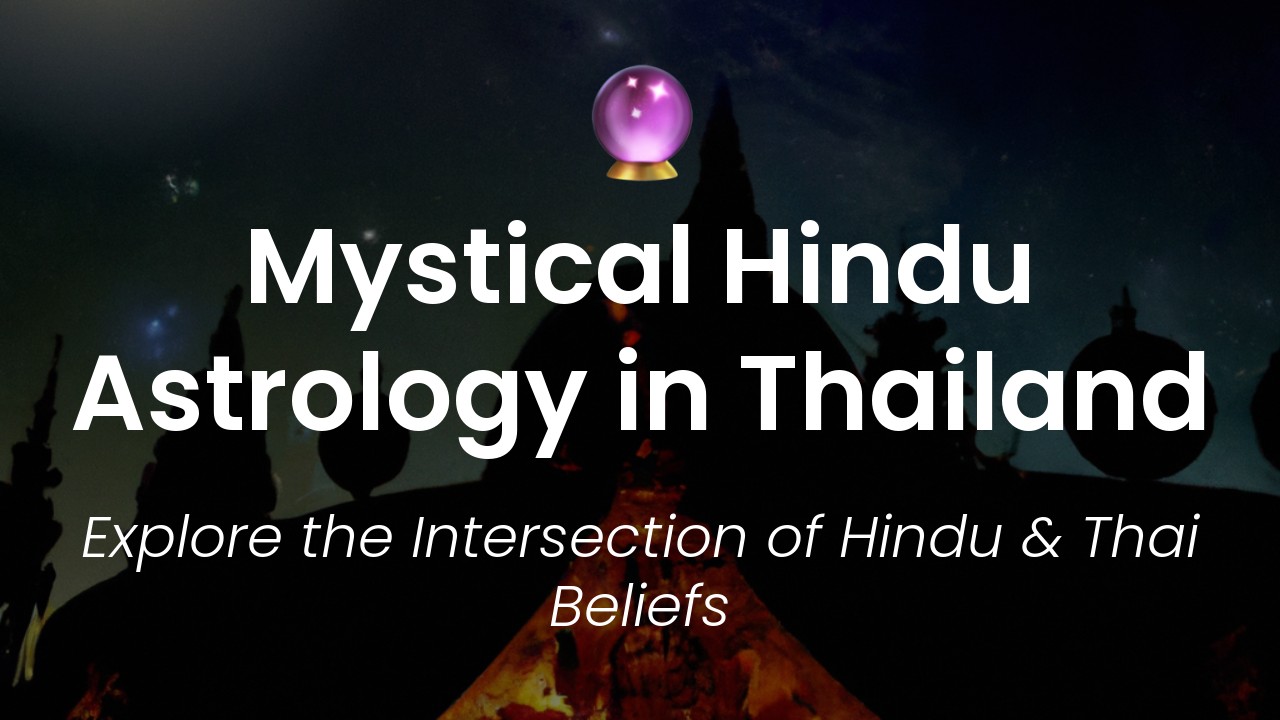I love writing about culture and tourism in Thailand and today I want to delve into the fascinating topic of how Hinduism shaped Thai laws. As a Thai woman, I am proud of my culture and the rich history that has influenced it. The Kingdom of Thailand, formerly known as Siam, has been influenced by many religions over the years, and Hinduism is definitely one of them.
Thailand’s relationship with Hinduism began in the 6th century AD when Indian merchants introduced it to the region. However, it was the Khmer Empire in Cambodia that had the greatest influence on Siam’s adoption of Hinduism. The Khmer Empire shared its religion, language, and culture with Siam and as such, it became a significant cultural influence on the region.
One of the most significant ways in which Hinduism shaped Thai culture was through its influence on Thai law and governance. The Siamese monarchy was particularly influenced by the Hindu concept of “Raja Dharma,” which emphasized that kings had a duty to govern wisely and justly. This concept was adopted into Thai law, and it helped shape the country’s legal system into one that prioritizes justice, fairness, and good governance. In this blog, we will explore how Hinduism has contributed to modern day Thai laws and the cultural insights behind them.
The Influence of Hinduism on Thai Culture
Thailand's cultural development is a product of various influences from around the world, including Indian, Chinese, and Khmer cultures. However, the influence of Hinduism on Thai culture is particularly significant. From religion to art, architecture to literature, Hinduism has left an indelible mark on Thailand's way of life.
One area where Hinduism has had a particularly strong impact is on Thai laws and legal systems. In this article, we'll explore the ways in which Hinduism has shaped Thai laws and give you some cultural insights into why this influence has been so powerful.
Hinduism and the Development of Thai Legal System
Hinduism is an ancient religion that has been around for over 4,000 years. It originated in India and spread to other parts of Southeast Asia, including Thailand, in the 1st millennium BCE. Over time, it became a dominant religion in the region, with many aspects of Hinduism integrated into Thai culture.
One of the areas of Thai culture where Hinduism has had a marked impact is on its legal system. According to some historians, the legal system in Thailand was influenced by the ancient Hindu legal system known as Dharma.
The Dharma is a set of codes and principles that are found in ancient Hindu texts, primarily the Vedas and the Upanishads. These texts outline ethical, moral, and legal codes that were to be followed by society. This system was based on the idea of justice and fairness, and it is this concept that has been integrated into the Thai legal system.
The Role of Dharma in Thai Law
The Dharma stressed the importance of ethical behavior and justice in society, and these principles have been incorporated into Thai legal codes. For example, Thai laws reflect the concept of karma, which is an important principle in Hinduism. According to the concept of karma, actions have consequences, and these consequences can be positive or negative.
In Thai legal systems, the principle of karma is reflected in the law of cause and effect. This law states that actions have consequences and that those consequences should be reflected in the punishment or compensation imposed by the courts.
Furthermore, the Dharma principles are also reflected in the Thai legal system's emphasis on compassion, mercy, and forgiveness. These principles are important in Hinduism, and they are reflected in Thai laws that aim to restore harmony and maintain balance in society.
Hindu Deities & Their Impact on Thai Law
Apart from these principles, Hindu deities also have a significant impact on Thai laws. Many of the gods and goddesses of Hinduism have taken on a new form in Thai culture, often blending with the country's native animism and other religious belief systems. For example, the god Indra has been incorporated into Thai mythology and is associated with the weather, while the goddess Kali is associated with fertility and agriculture.
These deities have had a significant impact on Thai laws, especially in the areas of family law and property law. Hindu deities like Brahma, Vishnu, and Shiva have been associated with property rights, and this association has been incorporated into Thai laws.
Hinduism and the Concept of Karma in Thai Society
The concept of karma is an important principle in Hinduism, and it has had a significant impact on Thai society. Karma refers to the idea that every action has a consequence, and these consequences can be positive or negative. This principle has been incorporated into Thai culture, and it is reflected in the way people conduct themselves.
In Thai society, the concept of karma is used to encourage good behavior and discourage bad behavior. Many Thai people believe that their actions have consequences, and they strive to do good things to ensure positive outcomes.
Hinduism and the Influence on Thai Festivals & Traditions
Besides the impact on law, Hinduism has highly influenced Thai festivals and traditions. Many Thai festivals and traditions have their roots in Hinduism, with the most famous one being Songkran. Songkran is a traditional Thai New Year festival that falls on April 13th each year and is celebrated for three days.
The festival has its roots in Hinduism, where it was celebrated as a cleansing ritual. Over time, it became a major event in the Thai calendar, with several customs, such as water splashing, incorporated into the festival.
Other festivals and traditions, such as Loi Krathong and Loy Krathong, have been influenced by Hinduism. These events are centered around water and light and have their roots in the Hindu festival of Diwali. These festivals serve as a testament to the enduring influence of Hinduism on Thai culture.
The Intersection of Hinduism and Buddhism in Thai Law & Culture
Finally, it is important to note the intersection of Hinduism and Buddhism in Thailand. Buddhism is the dominant religion in Thailand, and it has co-existed with Hinduism in the region for centuries. The two have had a significant impact on each other, particularly in the areas of law and culture.
Thai Buddhism has incorporated many concepts and principles from Hinduism, including karma, reincarnation, and the importance of meditation. At the same time, Buddhism has influenced Hinduism in Thailand, with many Hindu rituals and practices being infused with Buddhist elements.
This intersection has had a significant impact on Thai laws and culture. The two religions have coexisted peacefully, with each influencing the other and contributing to the unique character of Thai society.
Conclusion
Hinduism has had a profound impact on Thai culture, particularly in the areas of law and legal systems. The principles of karma, compassion, and justice have been incorporated into the Thai legal system, reflecting the influence of ancient Hindu legal systems such as the Dharma.
Hindu deities have also had a significant impact on Thai laws, and many festivals and traditions in Thailand have their roots in Hinduism. The intersection of Hinduism and Buddhism in Thai culture has created a unique society that is a true reflection of the country's rich and diverse past. As such, understanding the influence of Hinduism in Thai law and culture is critical to understanding the cultural landscape of the country and appreciating its global significance.
